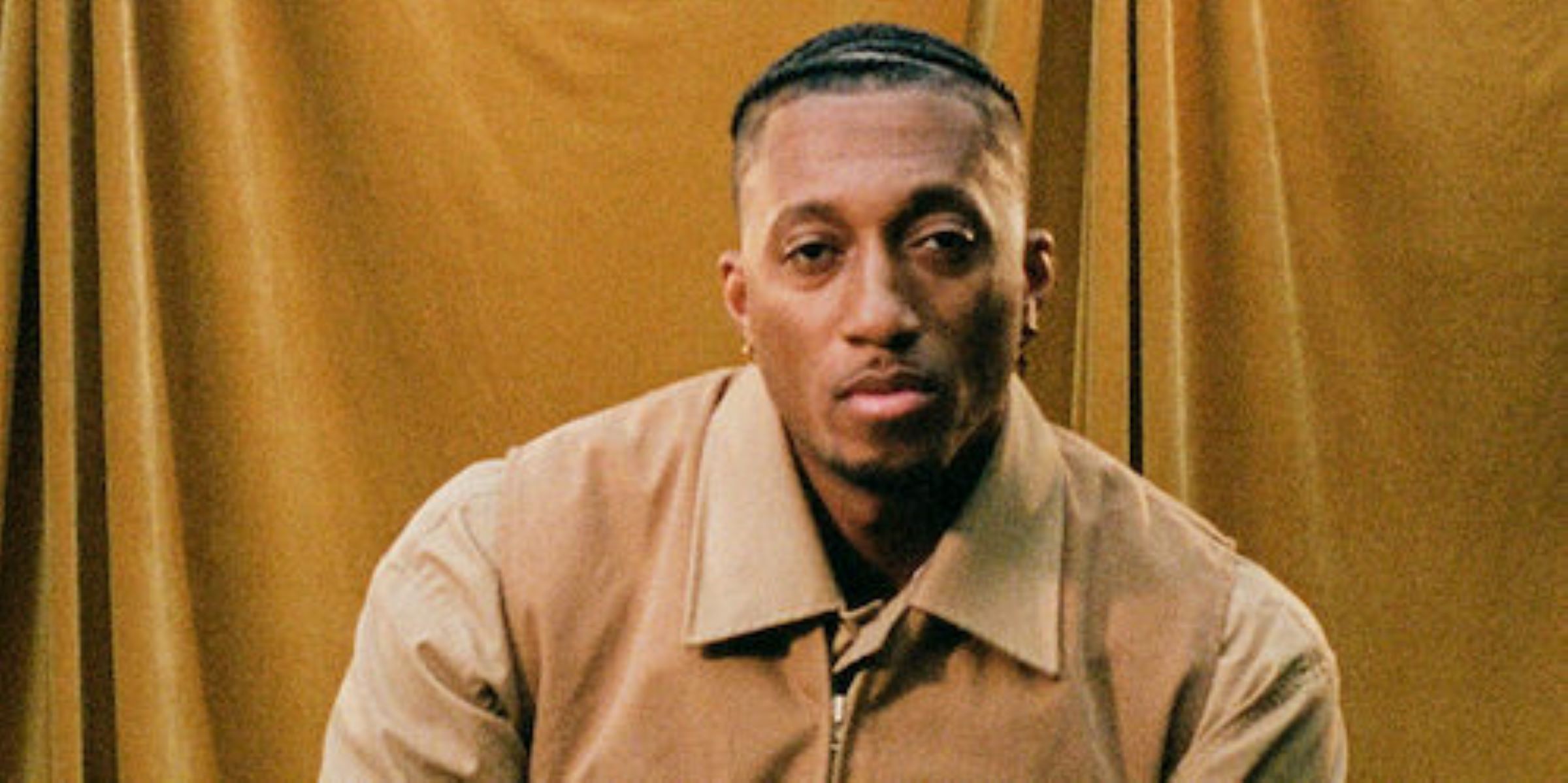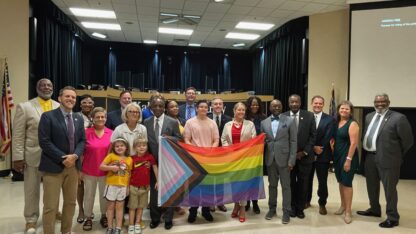Lecrae Devaughn Moore is a Grammy Award-winning hip-hop artist, author, philanthropist, and co-owner and president of Reach Records, an independent record label that specializes in Christian hip-hop.
On Aug. 21, he will release his ninth studio album titled “Restoration.” In it, he addresses societal issues such as racial injustice, police brutality, and mental health through a Christian lens.
“City Lights” producer Summer Evans spoke with Lecrae last week via Zoom about his new singles, upcoming book, and philanthropic work in Atlanta.
In 2012, Lecrae’s 2012 album “Gravity” won Best Gospel Album at the Grammys, marking the first time a hip-hop artist won the honors in that category. And in 2014, his album “Anomaly” debuted at No. 1 on the Billboard 200, the first album to top both the Billboard 200 and the Gospel Charts simultaneously.
The same year “Gravity” was released, Lecrae also dropped the mixtape “Church Clothes.” In it, he discussed the hypocrisy of the church and the implications that it had on non-believers. Lecrae’s focus on secular and mainstream issues was marked by this transitional mixtape, which led to two other albums, “Church Clothes 2&3.”
“Being a Christian, sometimes I think there’s a unique vantage point that I think I may be able to give that people might not have considered. Some people may say ‘Oh man, 9/11 happened let’s go to war’ or some others might say, ‘Let’s shore up our defenses’ or ‘Let’s do something about our own government’ and I would just jump in the middle to say, ‘Let’s considered prayer, how do we love people from different walks of life and different perspectives?’ I just wanted to throw out a third way on social issues that were happening,” said Lecrae.
With the current civil unrest going on in the world, Lecrae wanted to share his perspective through this album “Restoration” and by his acts of service in the community.
Highlights of the conversation
On what his new album, “Restoration,” addresses:
“The album took two years to complete. I know that I was going through my own personal journey of healing and restoration, so I wasn’t in a hurry to get it done. I wanted the album to almost work in real-time. I felt that I was going through a process and I wanted the music to take people through that exact same process as well. This is two years of therapy, good friends, and a lot of introspective work.”
On his collaborations with secular artists such as John Legend, BJ the Chicago Kid, and Marc E. Bassy:
“Oftentimes collaboration for me is about authenticity and if we can authentically connect on whatever subject we’re talking about. I would never force someone who doesn’t agree with the particular topic of the song to try and work on that song with me. When it comes down to songs that are more explicit about my faith, those are songs that I want to make sure the artist shares my belief, before they start talking about anything along those lines.”
His advice to white evangelical Christians:
“When white evangelicals confront issues of race, they’re entire worldview is being shaken. It’s very difficult to have your entire worldview shaken without feeling abrasive or feeling defensive. I would say to be okay to have your worldview shaken. You’ve got to be patient, you’ve got to be empathetic, you’ve got to listen, and then you got to take action. White evangelicals have to go beyond having conversations and move into implementation.”
Working with two Atlanta non-profit organizations, “Love Beyond Walls” and Live Free USA’s Faith In Action “Masks For The People” campaign, during COVID-19 outbreak:
“I have always been really passionate about serving the disenfranchised. As far as volunteering with these organizations, I wanted to make sure that people who were experiencing homelessness can wash their hands and can eat. Terrance Lester of ‘Love Beyond Walls’ had an idea to have handwashing stations around the city. We started out with the initial 15 and after that, it moved up to 30 and the campaign got so large that now there are hand washing stations around the world. With ‘Masks for The People,’ I wanted to make sure that prisoners during COVID were taken care of. We handed out masks to the essential workers, incarcerated individuals, and to front line workers who are dealing with life and needed access to hand sanitizer and face masks.”
About his second book coming out in October called “I am Restored: How I Lost My Religion but Found My Faith:”
“In this book, I talk about being thrust into political landscapes and being asked to choose a side politically and dealing with racial issues and marriage issues. All those things that most people would look at and say, ‘Let’s not talk about those.’ I’m saying ‘Let’s absolutely talk about them because they helped shaped me into the person that I am today.’ And I want to walk people through how I navigated all these chaotic moments because I feel that it may be healing for people.”
How he differentiates between political issues and Biblical issues:
“Issues that I feel are moral, ethical, or Biblical issues, our society has made them into political ideologies. Something that should just be a moral, ethical, or Biblical issue, has been co-opted and made into a policy or agenda. So, when you want to wrestle with that particular thing, then you’re accused of choosing a political side or picking a political agenda…when at the end of the day, loving your neighbor as yourself is not a political agenda, it’s a Biblical agenda.”









